Zimbabwe
Women call for greater support in politics amid ongoing challenges
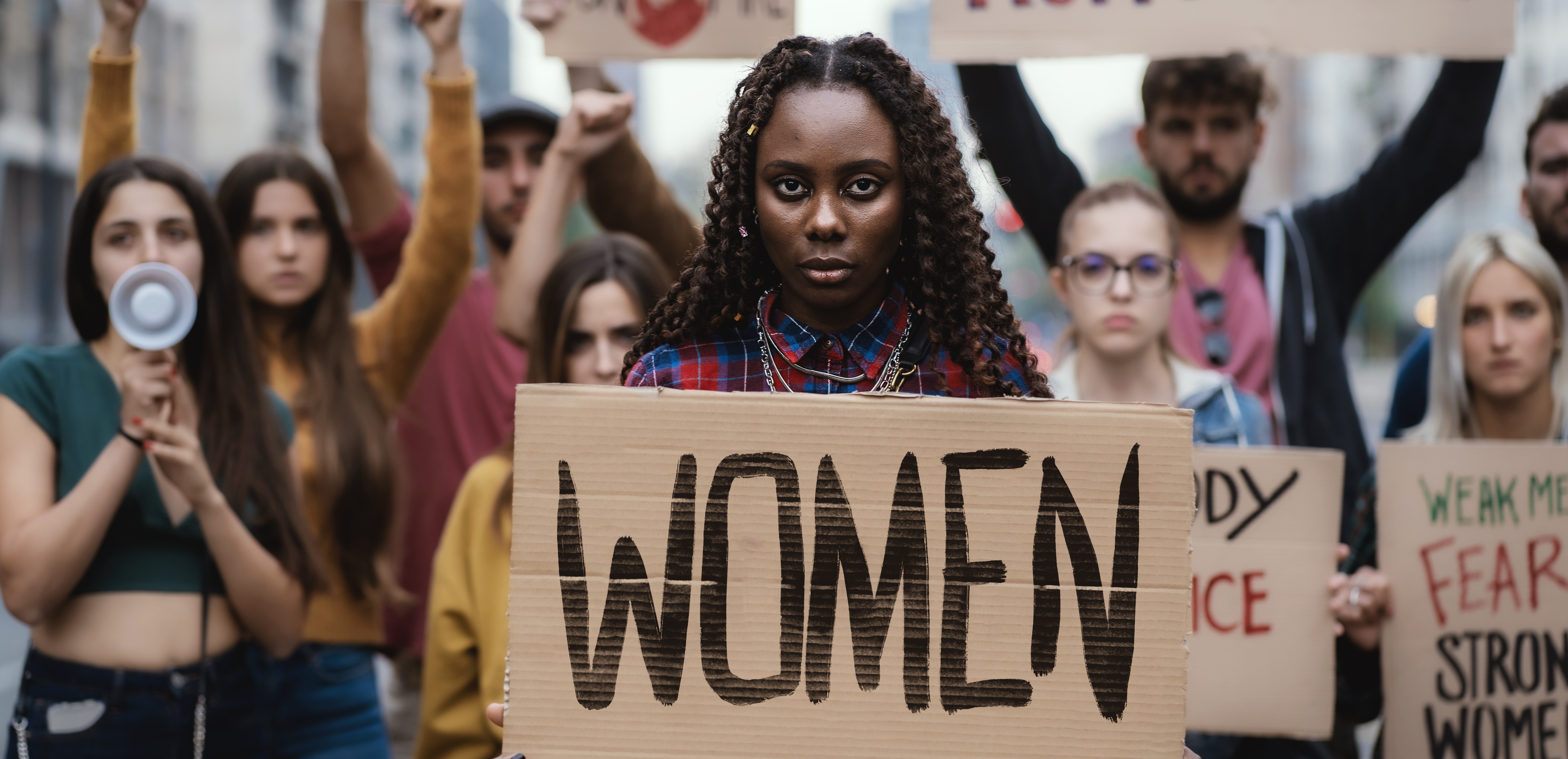
A protest for women's rights
© ShutterstockA historical and current perspective on women's political struggles
Zimbabwean women's participation in politics remains low, despite them comprising 52 percent of the population—making them the largest demographic group compared to their male counterparts. To address these issues, the Friedrich Naumann Foundation (FNF) hosted a meeting today for young and veteran women who are taking centre stage in politics. The event, themed “History of Women’s Political Participation in Zimbabwe: A Reflection and Celebration,” provided a platform for discussing the historical and current challenges women face in the political arena.
The event also marked the launch of a book and documentary celebrating the resilience of women before and after Zimbabwe’s independence. It created a safe space for women to share ideas, reflect on challenges, and celebrate their achievements in Zimbabwean politics. Key issues raised included cyberbullying, cultural stereotypes, and high nomination fees, which continue to push many women out of the political arena.
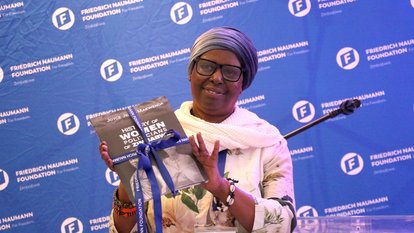
Launching the "History of Women’s Political Participation in Zimbabwe" documentary.
© Friedrich Naumann Foundation for Freedom
Launching the "History of Women’s Political Participation in Zimbabwe" documentary.
© Friedrich Naumann Foundation for Freedom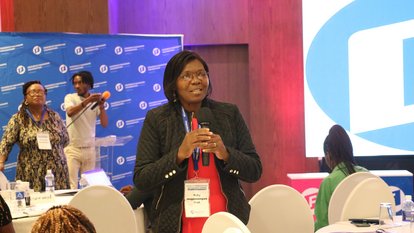
Launching the "History of Women’s Political Participation in Zimbabwe" documentary.
© Friedrich Naumann Foundation for Freedom
Launching the "History of Women’s Political Participation in Zimbabwe" documentary.
© Friedrich Naumann Foundation for Freedom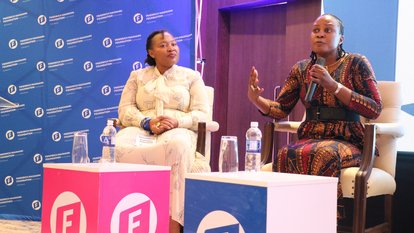
Launching the "History of Women’s Political Participation in Zimbabwe" documentary.
© Friedrich Naumann Foundation for Freedom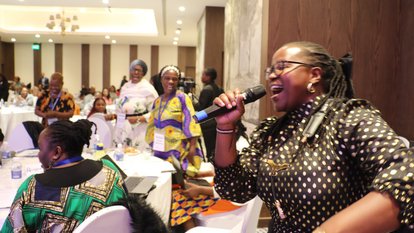
Launching the "History of Women’s Political Participation in Zimbabwe" documentary.
© Friedrich Naumann Foundation for Freedom
Launching the "History of Women’s Political Participation in Zimbabwe" documentary.
© Friedrich Naumann Foundation for FreedomThe role of leadership and solidarity among women
Inge Hebert, FNF Sub-Saharan Africa Regional Director, emphasised the importance of looking to the past as a source of inspiration for women in politics today. “We need to know our history because there are female heroes who preceded us. Beyond ideology and political affiliation, women need to work together, supporting each other. This is what we are doing today, reuniting powerful women,” she said. Hebert noted that there is still significant work needed to ensure inclusive participation. “Nomination fees need to be reduced or abolished. First, we should unite beyond political affiliations and speak with one voice as women to push for our rights,” she added.
“We need to know our history because there are female heroes who preceded us. Beyond ideology and political affiliation, women need to work together, supporting each other. This is what we are doing today, reuniting powerful women.”

Ongoing efforts by government
Representing the Minister of Women Affairs, Community, Small and Medium Enterprises Monica Mutsvangwa, the Permanent Secretary of the Ministry, Mavis Sibanda, highlighted that while the country has made progress in increasing female participation, more efforts are required. “Several policies and strategies for accelerating the participation of women in leadership and decision-making positions, such as the National Strategy for Women in Leadership and Decision-Making, have also been developed,” Sibanda noted.
Sibanda pointed to the incremental improvements in women's representation in politics, citing recent statistics. “We have witnessed a positive trajectory with an increase in women’s political participation. Currently, women make up 26.9 percent of cabinet ministers and 40 percent of ministers of state. However, we are still below the 50/50 target, which raises concern,” she said. In Parliament, the 2023 elections led to 43.7 percent female representation in the upper house and 31.4 percent in the lower house. For local government, 2023 election results showed 42 percent female representation, with 30 percent from the constitutional quota and 12 percent directly elected.
Economic barriers and the call for policy reforms
Economic marginalisation emerged as one of the primary challenges raised by participants. Mavis Sibanda highlighted that this issue is a major barrier women want addressed. “The government has been engaging women across the country who are calling for a review of the Political Parties Finance Act. They believe there should be a percentage earmarked for women to lessen the financial burden they face when entering politics,” she said.
The event underscored the need for policy changes and unity among women across political lines to create an inclusive political environment. By tackling financial and social barriers, Zimbabwe can make strides towards equal representation and empowerment of women in politics.